Our children are our pride and joy, aren’t they? The way their eyes light up when they discover something new. Those moments when they surprise us with an unexpectedly profound statement. If you’re like me, you’ve often found yourself pondering just how their little brains work and grow. After all, that tiny, fragile brain will become the engine of their thoughts, dreams, emotions, and decisions for the rest of their lives. Did you know that a whopping 90% of a child’s brain development occurs between the ages of 0 and 5 years? That’s an enormous opportunity for us to mould, guide, and enhance their brain’s growth. We’re all continuously learning. I’m merely sharing the knowledge I possess on this topic. While the activities mentioned here significantly contribute to boosting a child’s brain development, they aren’t the only ones. Let’s quickly delve into them.
Memory Games
One of the most fascinating things I’ve observed in young children is their ability to retain and recall information. At this age, their brain is like a sponge, soaking up every piece of knowledge they come across. Memory games are a fun way to harness this potential. Whether it’s the classic ‘Memory Card Game’ where they match pairs or more advanced games that require them to remember sequences or patterns, these games sharpen their recall abilities. Over time, you’ll be amazed to see your child’s memory improving, making them more attentive and observant.
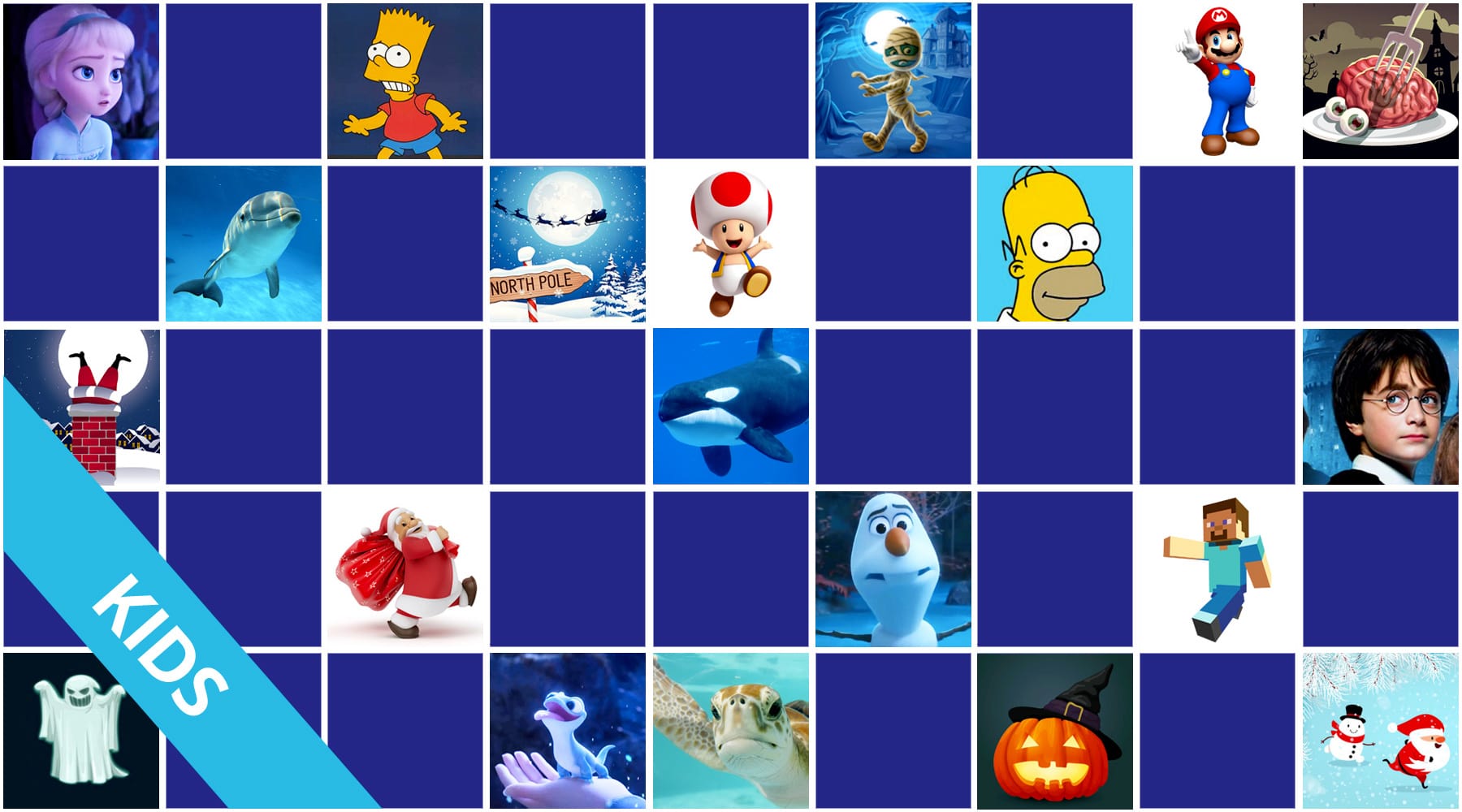
Moreover, memory games aren’t just about enhancing recall. They also boost concentration, attention to detail, and cognitive skills. It’s like taking your child’s brain to the gym. These games provide an environment where their neurons (brain cells) connect and grow stronger. The result? Better academic performance, enhanced problem-solving skills, and a child who’s more in tune with their surroundings.
Puzzles
The allure of puzzles is universal. They challenge the brain, compelling it to think laterally and logically. The confusion, the curiosity, and then that triumphant gleam in their eyes when they finally fit a piece in the right place. Puzzles are much more than just fun; they’re a challenge to the young brain. They teach children about spatial relationships, boost their hand-eye coordination, and enhance their problem-solving skills.
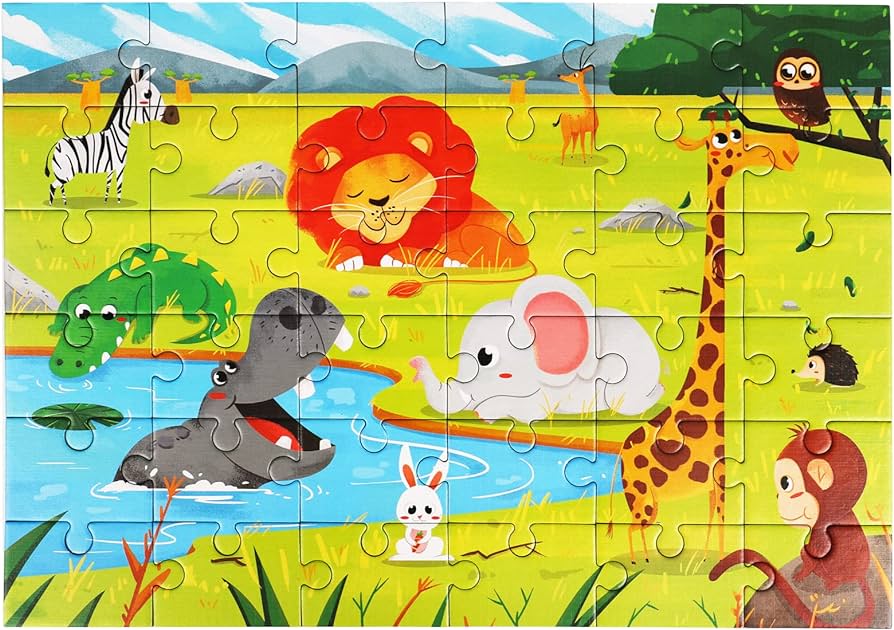
The beauty of puzzles is that they grow with your child. Start with simple shapes for toddlers and progress to intricate jigsaws as they grow older. Each time they complete a puzzle, they’re not just building a picture; they’re building neural pathways that improve their cognitive abilities and logical thinking.
Flash Cards
You’d be surprised at the power of these simple cards. I bought it for one of my friend’s daughter, Priscilla, and I was wowed by the way she caught up with it quickly. Flash cards are one of the most versatile and effective tools to enhance a child’s learning. They can be used to teach anything – from alphabets and numbers to complex subjects like science and geography. Flash cards make learning visual, engaging, and interactive.
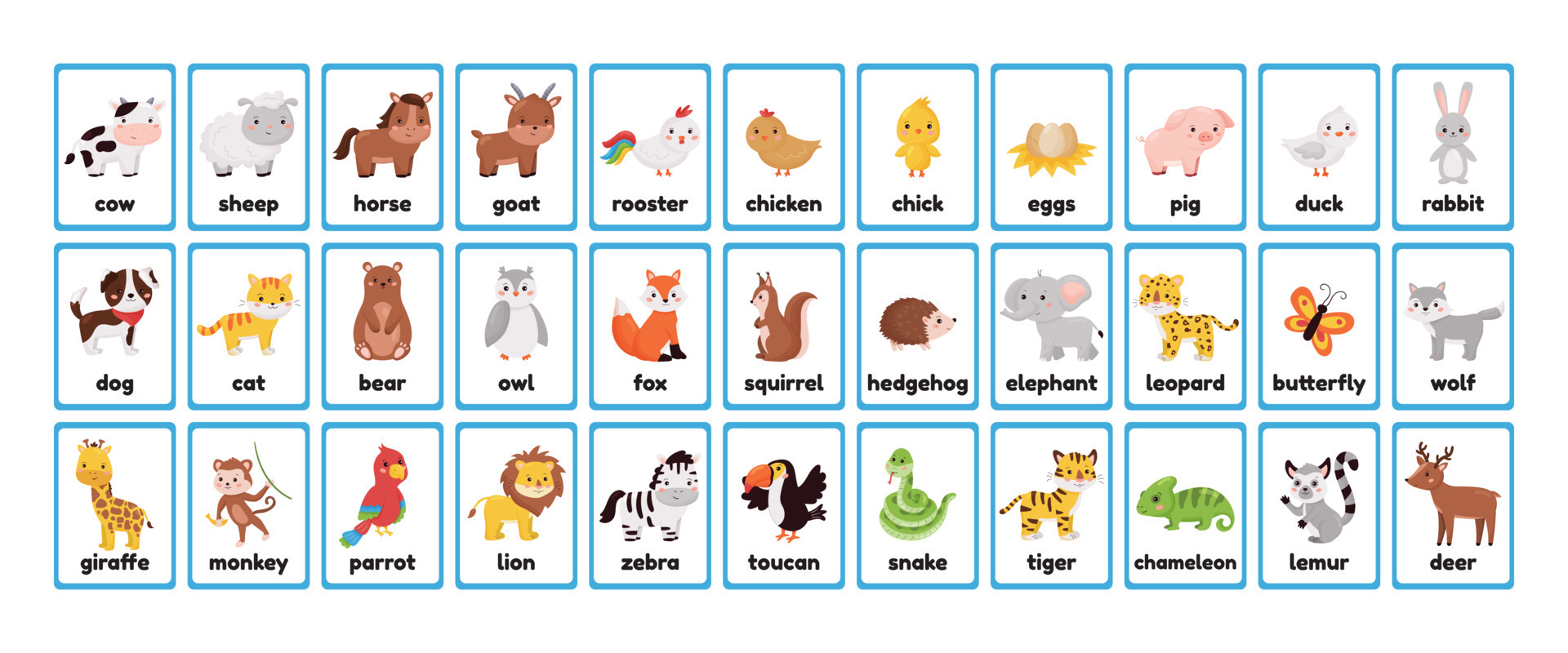
When using flash cards, the process of repetition solidifies the information in the child’s memory. Over time, this method fosters quicker recall and better understanding. And guess what? It’s not just about rote learning. As you shuffle and show these cards, your child learns to recognise patterns, make connections, and think critically. Plus, flash cards can easily be customised to your child’s interests, ensuring they’re always engaged and eager to learn.
Story Telling
Now, this is a personal favorite of mine, I grew up on Lagos Island, where our elders in the environment shared captivating stories every night, known as ‘Alo’. If you’re Yoruba, I’m sure you can relate to it. Storytelling is the age-old art of passing down knowledge, values, and culture. But, beyond that, it’s a magical tool for brain development. Stories ignite the imagination, teach morals, and improve vocabulary. When a child listens to a story, they’re not just hearing words; they’re visualising worlds, empathising with characters, and processing complex emotions.
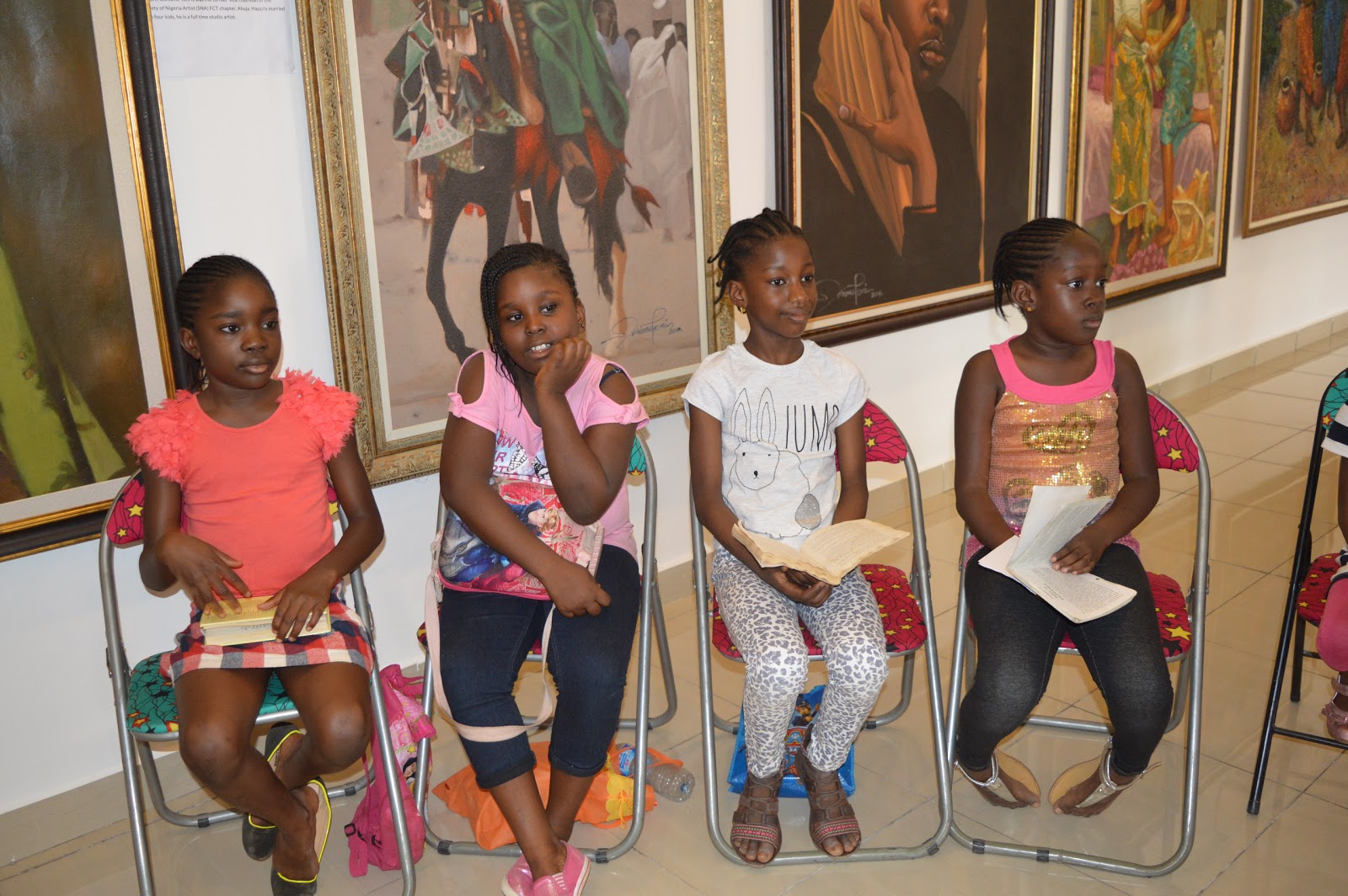
Moreover, encourage your child to tell their own stories. This boosts their creativity, helps them articulate their thoughts, and enhances their language skills. As they narrate their tales, they’re weaving neural connections that aid in their emotional and cognitive development. Plus, the bond it creates between you and your child? Absolutely priceless!
Aptitude Activities
I’m a firm believer in the philosophy that every child is unique, and so is their aptitude. Aptitude activities are designed to identify and nurture your child’s inherent talents and abilities. These could range from simple colouring activities to more complex tasks like building structures with square-like blocks or even coding for older kids.
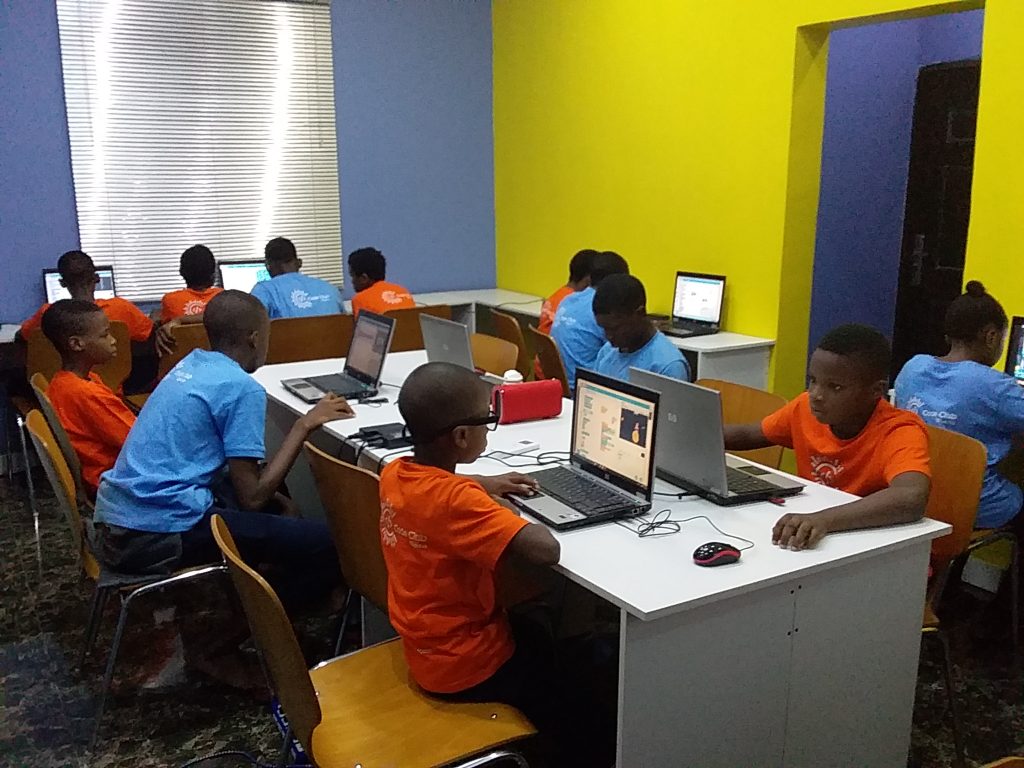
The key here is observation. Watch your child as they engage in these activities. Where do their interests lie? What are they naturally good at? Once you identify these areas, provide them with the resources and guidance to delve deeper. Aptitude activities not only boost brain development but also build confidence, self-awareness, and a love for learning.
Conclusion
There’s a saying that the first five years of a child’s life shape the next fifty. In this crucial phase, every interaction, every game, and every story we share plays a pivotal role in moulding their brain’s architecture. The activities I’ve shared above have been proven to be effective in boosting the child’s brain. And the results? Remarkable! But always remember, it’s not about pushing your child; it’s about providing opportunities, observing, guiding, and enjoying the process. Until I write again, bye for now, my people!
Copyright © 2023, Omonaiye Ola.
All rights reserved. This material and other digital content on this website may not be reproduced, published, broadcast, rewritten, or redistributed in whole or in part without prior express written permission from me.
